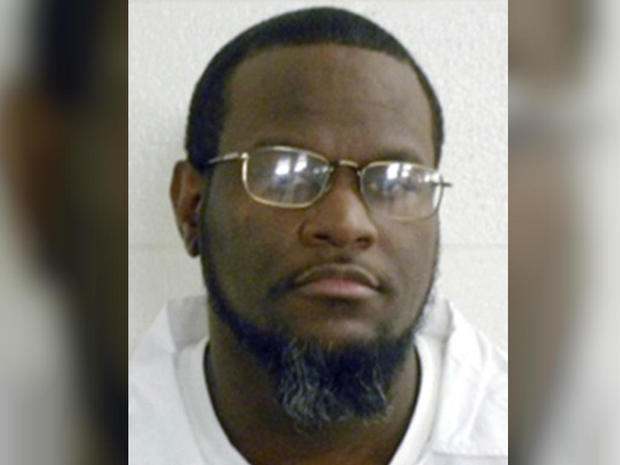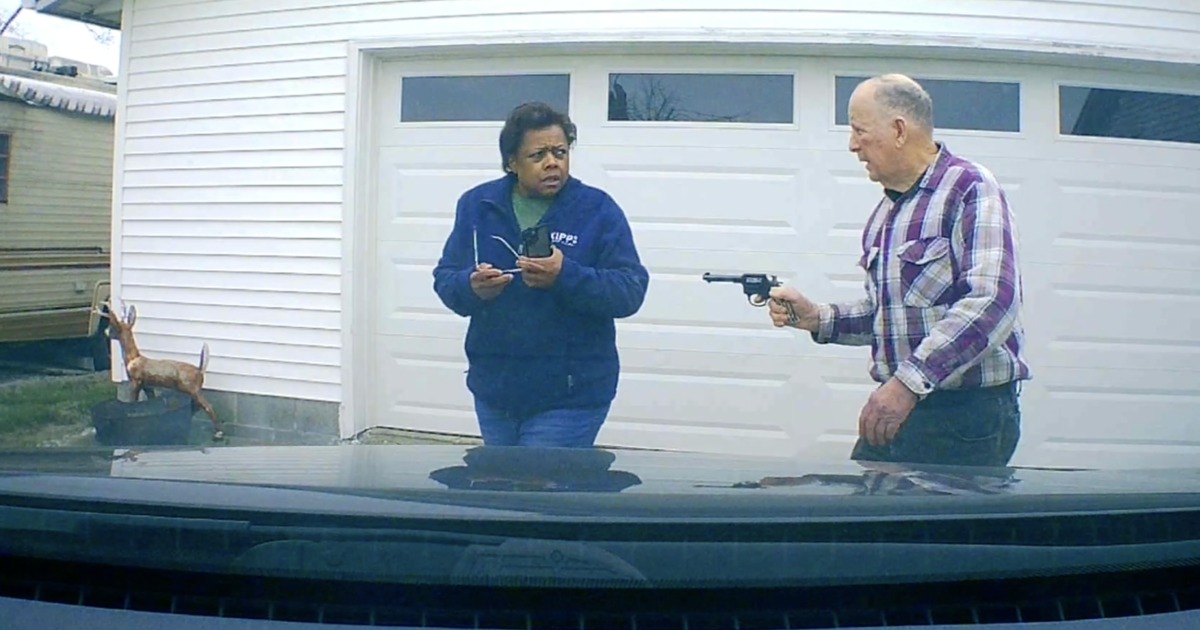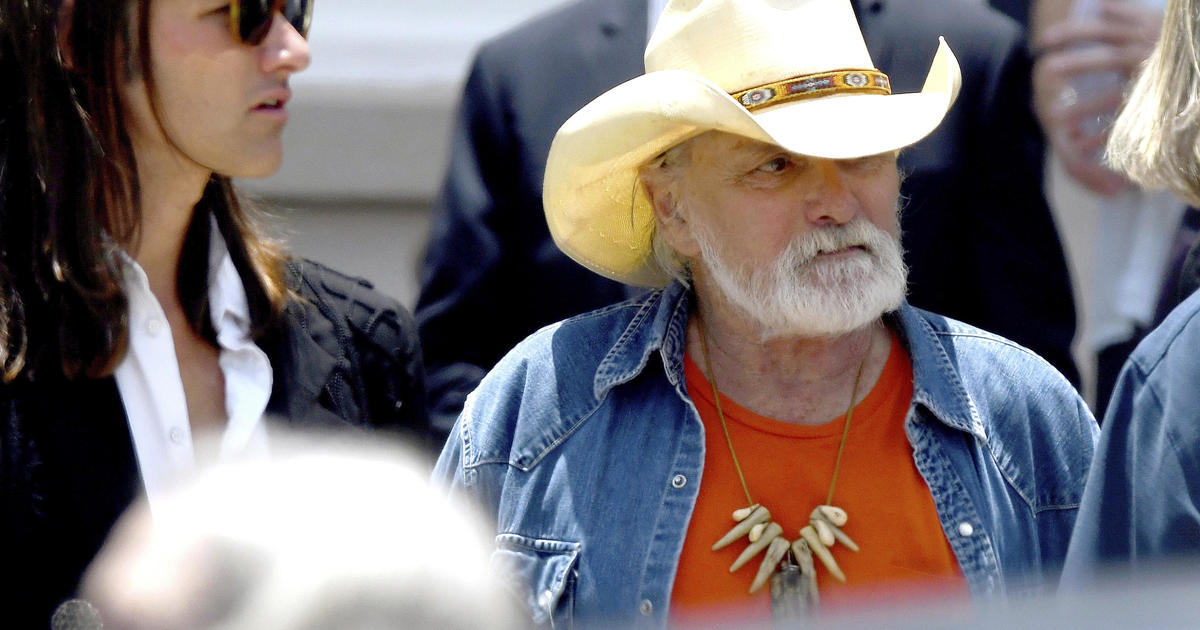Arkansas governor brushes off calls for full review of executions
LITTLE ROCK, Ark. -- The Arkansas governor said Friday that he sees no reason for anything beyond a routine review of the state's execution procedures after a condemned inmate lurched and convulsed 20 times during a lethal injection.
Attorneys for Kenneth Williams and the American Civil Liberties Union have called for a full investigation after Williams became the fourth convicted killer executed in Arkansas in eight days. The state sought to carry out as many lethal injections as possible before one of its drugs expires Sunday.
"I think it's totally unjustified," Gov. Asa Hutchinson told reporters when asked about the possibility of an independent probe. "You don't call for an independent investigation unless there's some reason for it. Last night, one of the goals was there not be any indications of pain by the inmate, and that's what I believe is the case."
Hutchinson said Williams' execution will be reviewed by the Department of Correction, which is typical any time an inmate is put to death. He said a written report would not be issued.
The governor said he does not think Arkansas needs to change its execution protocol, citing court rulings that have upheld the use of the sedative midazolam, which was a component of Williams' injection. But he has not ordered prison officials to find a replacement for its supply of the drug.
An Associated Press reporter who witnessed the execution said that about three minutes in, Williams' body jerked 15 times in quick succession, lurching violently against the leather restraint across his chest. Then the rate slowed for a final five movements.
Hutchinson said Arkansas Department of Correction Director Wendy Kelley described Williams' movement as "coughing without noise," though media witnesses described hearing sounds from the inmate.
Williams' attorneys released a statement calling the witness accounts "horrifying." The ACLU of Arkansas argued that the state may have violated the Eighth Amendment's prohibition of cruel and unusual punishment.
In a statement Friday, the organization's executive director, Rita Sklar, said the governor had "ignored the dangers ... all to beat the expiration date on a failed drug."
Arkansas had planned eight executions over an 11-day period, the most ambitious schedule since the U.S. Supreme Court reinstated the death penalty in 1976. But courts issued stays for four of the inmates. The four lethal injections that were carried out included Monday's first double execution in the U.S. since 2000.
Williams read a prepared final statement, apologizing to the families he "senselessly wronged and deprived of their loved ones." He also spoke in tongues, the unintelligible speech used in some religions. But his prayer faded off as the midazolam took effect. He said, "The words that I speak will forever be, will forever ..." before he fell silent.
The inmate breathed heavily through his nose until just after three minutes into his execution, when his chest leaped forward in a series of what seemed like involuntary movements. His right hand never clenched, and his face remained what one media witness called "serene."
After the jerking, Williams breathed through his mouth and moaned or groaned once -- during a consciousness check -- until falling still seven minutes after the lethal injection.
Williams was sentenced to death for killing a former deputy warden, Cecil Boren, after he escaped from prison in 1999. At the time of his escape in a 500-gallon barrel of hog slop, Williams was less than three weeks into a life term for the death of a college cheerleader.
"Any amount of movement he might have had was far less than any of his victims," said Jodie Efird, one of Boren's daughters, who witnessed the execution.
Some concerns had been raised about Monday's execution of Jack Jones, whose mouth moved after attorneys said he should have been unconscious, though a federal judge determined it did not appear to be "torturous and inhumane."
All of the Arkansas inmates -- including Williams -- have died within 20 minutes, a contrast from troubled midazolam-related executions in other states that took from 43 minutes to two hours. Witnesses to those lengthier executions also described hearing inmates breathe heavily, snore or snort or seeing them struggle against their restraints.
Dale Baich, an assistant federal public defender who witnessed a flawed 2014 Arizona execution that took two hours, said in an email early Friday that after reading media reports, "It appears from witness accounts that Mr. Williams was not fully sedated when the paralytic was administered.
"At a minimum, this was a deviation from the protocol."
A death penalty expert said the questions about Williams' execution validate the concerns raised about the state's multiple-execution schedule and the use of midazolam.
"When you have the procedures that were close together and under pressure, the likelihood of problems arising is much greater. This incident validates that argument even more." Deborah Denno, a law professor at Fordham University.
Williams' lawyers had said he had sickle-cell trait, lupus and brain damage, and argued the combined maladies could subject him to an exceptionally painful execution in violation of the Constitution.
Autopsies are conducted on executed inmates, but final reports will not be done for four to six weeks, according to the chief medical examiner for the Arkansas State Crime Lab.




